|
|
|
March 9, 2017 - In This Issue:
|
|
|
|
|
|
Ambassador James Zumwalt becomes Sasakawa USA CEO
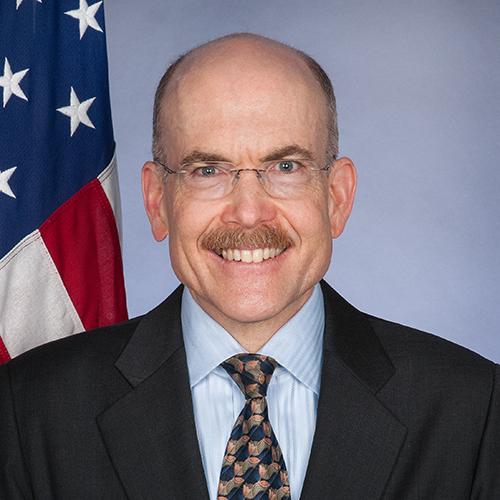
Ambassador James Zumwalt
as the foundation's new Chief Executive Officer in February. Ambassador Zumwalt was the United States Ambassador to the Republic of Senegal and the Republic of Guinea Bissau from 2015 to January 2017. Previously, he was responsible for policy toward Japan and Korea as Deputy Assistant Secretary in the Bureau of East Asia Affairs.
When the Great East Japan Earthquake and Tsunami struck Japan in 2011, Ambassador Zumwalt was serving as Deputy Chief of Mission at the U.S. Embassy in Tokyo, where he coordinated the United States' support for the Japanese Government's response to that crisis.
|
|
Announcement: Now accepting applications for 2017-18 Sasakawa USA APSA Congressional Fellowship Program
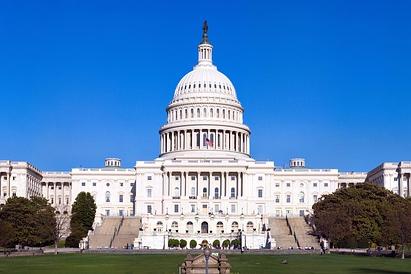
The Fellowship provides a unique opportunity for recipients to serve in a Congressional office and gain hands-on experience in the U.S. legislative process.
The deadline to apply is
April 15, 2017.
|
Report: Japan's energy conundrum
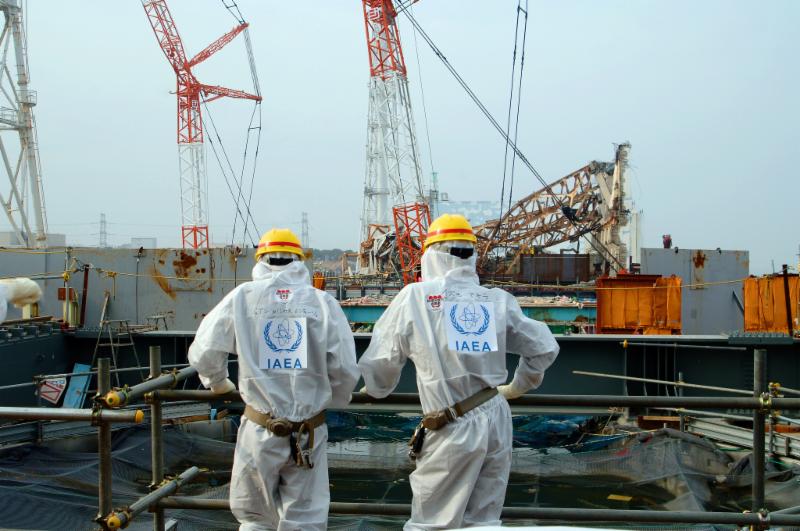
Japan's energy policy for over a century has sought to compensate for geographic and resource vulnerabilities while supporting economic growth. Yet, more than once, Japan has encountered challenges of such size and scope that it was forced to change its policy direction dramatically and seek a new primary energy source.
In this report, Sasakawa USA Fellow Dr. Phyllis Yoshida examines Japan's energy conundrum and how the country should move forward in the context of the Great East Japan Earthquake, the resulting disaster at Fukushima Daiichi, and dramatic changes in the global market.
|
Commentary: Sustaining U.S.-Japan alliance topic of keynote in Chicago
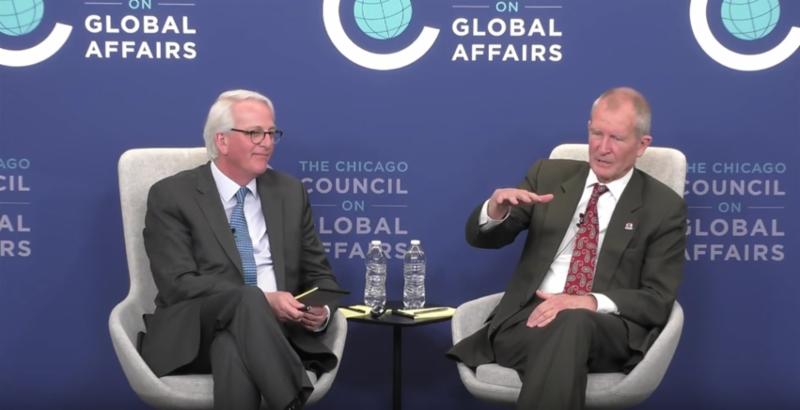
The U.S.-Japan alliance is stronger than ever, but work still needs to be done to sustain the positive momentum and navigate potential crises that could arise in the future,
Admiral Dennis Blair
, Chairman and Distinguished Senior Fellow at Sasakawa USA, said February 23 at an event focusing on the New Asian Security Landscape.
Hosted by the Chicago Council on Global Affairs, the event included two panels on U.S. policy toward Asia and security challenges in Northeast Asia before moving on to Blair's keynote address and moderated discussion.
|
In the News: Commentary on denuclearization of North Korea cites Sasakawa USA's Daniel Bob
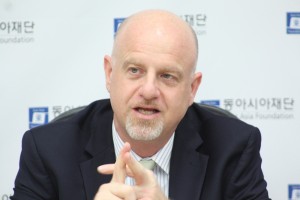
A commentary article published in the Japan Times references a recent op-ed by Sasakawa USA's
Daniel Bob
explaining why encouraging Japan to play the nuclear card won't advance the denuclearization of North Korea.
The February 25
article references other experts to support his argument that going nuclear "won't make Japan safer and won't lighten the American security burden."
|
From Nippon.com: Trump's East Asia policy and Japan's policy towards foreign care workers
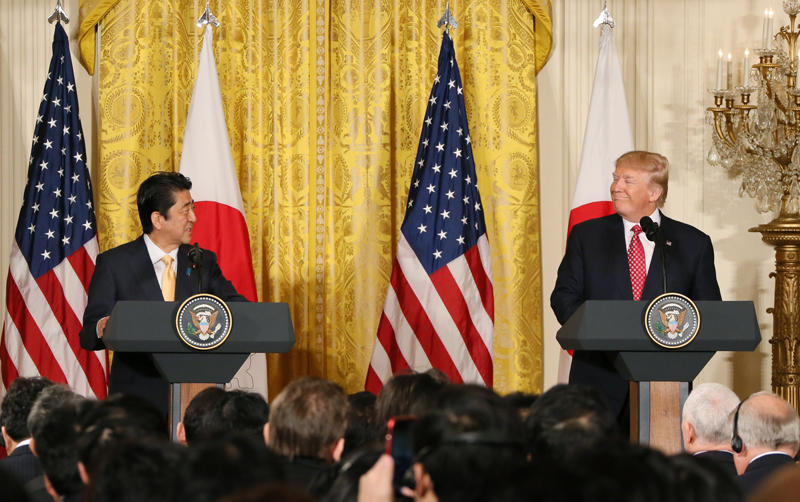
When Trumpism met the East Asian wall:
During February's summit between President Trump and Prime Minister Abe, Trump brought U.S. policy towards East Asia in line with the course set by his predecessors, argues journalist Teshima Ryuichi in this article written after the summit.
Foreign care workers in Japan:
Japan has sought to address the needs of its aging population through training programs that invite nurses and care workers from Southeast Asian countries to train and work in Japan. These programs are due to expand as immigration barriers for these workers are lowered in the coming year. Hirano Yuko critiques the Japanese government's response to the shortage of care workers in this article.
|
|
Event Recap: Diagnosing the Chinese economy and lessons from Japan
On February 15, Sasakawa USA hosted a private, off-the-record luncheon with Toshiya Tsugami, President of Tsugami Workshop., Ltd. on the current state of the Chinese economy and its correlation to trends in Japan.
Moderated by Sasakawa USA's
Admiral Dennis Blair
, the event was an opportunity to engage in a candid conversation with Mr. Tsugami on the aftermath of the investment bubble and China's future prospects and global effects.
|
|
Event Recap: The Abe-Putin Summit and the future of Russo-Japan relations
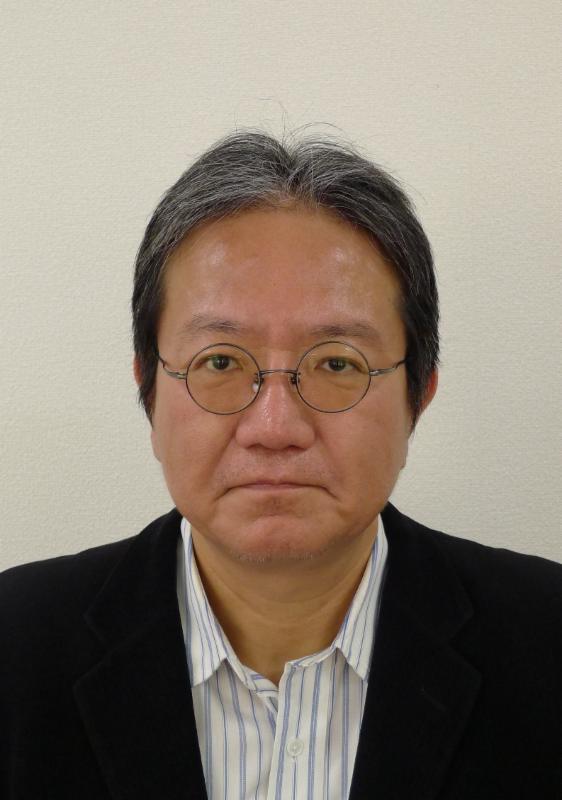
On February 27, Sasakawa USA hosted a private luncheon with Dr. Akihiro Iwashita, Professor at the Slavic-Eurasian Research Center at Hokkaido University, and Professor at the Center for Asia-Pacific Future Studies at, Kyushu University. The luncheon was moderated by
Dr. Jeffrey Hornung
, Fellow for Security and Foreign Affairs at Sasakawa USA.
During his talk, Dr. Iwashita spoke in-depth about last year's Abe-Putin Summit in Yamaguchi and its results, and the future of the Russo-Japan relationship.
|
Maritime Awareness Project: Beyond the UUV Incident: Challenges in the South China Sea for the Trump Administration
The U.S. and China both have the political willingness to keep the South China Sea dispute under control and in careful balance, writes Nong Hong for the Maritime Awareness Project (MAP), a joint venture by Sasakawa USA and the National Bureau for Asian Research.
In his discussion of the December 2016 unmanned underwater vehicle (UUV) incident, Hong assess w
hether this balancing act might continue in the Trump administration.
|
Upcoming events: March through April

The cherry blossom trees in Washington D.C. are getting ready for full bloom! Join us for one of our upcoming events to take full advantage of the springtime scenery. Not all events are open to the public. Please check each event link for details and view our events page for new listings as they get posted.
|
|
STAY CONNECTED


|
|
|
|
|